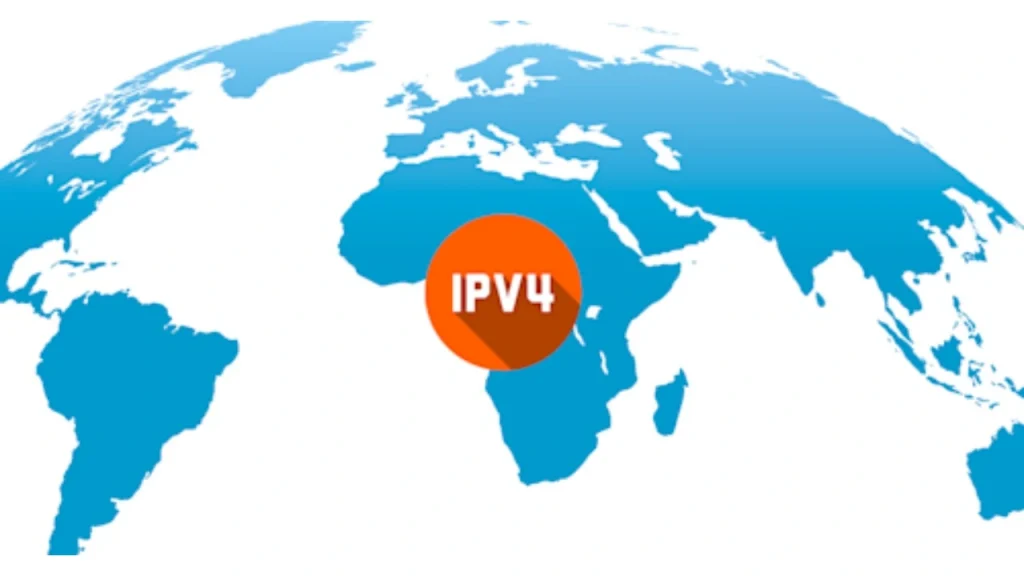- • Entire AFRINIC election voided over one unverifiable proxy
- • ICANN CEO on regional autonomy
AFRINIC’s decision to annul its June election highlights systemic flaws
On 23 June 2025, the African Network Information Centre (AFRINIC) held its long-awaited board election. Just days later, the organisation’s Governance Committee announced that the entire vote was being annulled due to one proxy document that could not be verified within the required timeframe. All ballots—valid and invalid alike—were discarded.
The justification: a failure to verify one proxy submission rendered the process non-compliant with internal procedure. As a result, the Governance Committee decided to invalidate the full outcome.
The response was swift and scathing. Stakeholders questioned whether one disputed proxy justified cancelling a democratic election involving hundreds of legitimate votes. Critics pointed to a deeper pattern of dysfunction—a governance structure that lacks flexibility, transparency, and accountability.
This is not an isolated incident. Since 2021, AFRINIC has struggled with board vacancies, failed quorums, delayed elections, internal disputes, and financial irregularities. The annulment has become the latest episode in what many now describe as a full-blown governance collapse.
Also read: Cloud Innovation calls for AFRINIC wind-up after ‘impossible’ election standards
Also read: EXPOSED: The letter that reveals who was really benefitting from AFRINIC’s lawsuits
The deeper issue: Who holds AFRINIC accountable?
At the heart of this crisis lies a glaring problem: AFRINIC’s systemic lack of accountability.
The Governance Committee wields expansive power with minimal oversight. Member voices are often marginalised, with little recourse or clarity in decision-making. Election rules remain rigid and susceptible to being derailed by minor disputes—leaving the entire system vulnerable.
What’s missing is not just better rules, but a culture of institutional responsibility. AFRINIC’s inability to resolve internal conflicts, uphold member trust, or adapt to evolving governance norms reflects a deeper structural failure.
Misguided interventions: ICANN CEO’s remarks under fire
Beneath the surface, AFRINIC’s recent ban on proxy voting reflects a broader shift driven by ICANN CEO Kurtis Lindqvist, aiming to centralise influence over Africa’s internet governance. Under the pretext of enforcing ICP-2 compliance and reinforcing governance standards, ICANN’s leadership has gradually extended its hand into AFRINIC’s internal affairs — a departure from its traditionally neutral stance.
This shift has triggered concern among members. While proxy voting has long been recognised as a valid form of participation in community-led processes, it is now being portrayed as flawed. The timing of the ban — following a court-annulled election where a single proxy vote was questioned — raises doubts about the real motivations behind these actions.
Many argue that AFRINIC’s failures stem not from a lack of foreign oversight, but from an internal erosion of checks and balances. Introducing stronger global supervision, they warn, risks undermining local ownership and may further destabilise an already fragile governance structure.
Kurtis’s remarks were also viewed by some as dismissive of Africa’s capacity for self-governance. While framed as neutral policy guidance, his comments reignited concerns about digital paternalism—a softer form of digital colonialism whereby international actors assume authority over regional governance.
For a continent striving to define its own digital future, such interventions may appear tone-deaf and counterproductive.
What reform looks like
AFRINIC is not just another bureaucratic entity—it is the sole Regional Internet Registry (RIR) for Africa, responsible for allocating IP address resources essential to connectivity, digital development, and national ICT strategies across the continent.
Its failure affects more than internal politics. The credibility of African internet governance, the security of IP allocations, and the trust of international stakeholders are all at stake.
Fixing the problem requires more than administrative tweaks. It demands:
- Institutionalised accountability mechanisms, including independent oversight and transparent disciplinary processes;
- Reformed electoral processes that allow proportionate resolution of disputes without discarding entire ballots;
- Empowered membership participation, giving African stakeholders a genuine voice in decision-making;
- Resisting external governance imposition, to preserve the autonomy and resilience of local internet infrastructure.
Until AFRINIC rebuilds its legitimacy from within, no external advice—however well-intentioned—can substitute for the trust lost through years of unchecked mismanagement.

